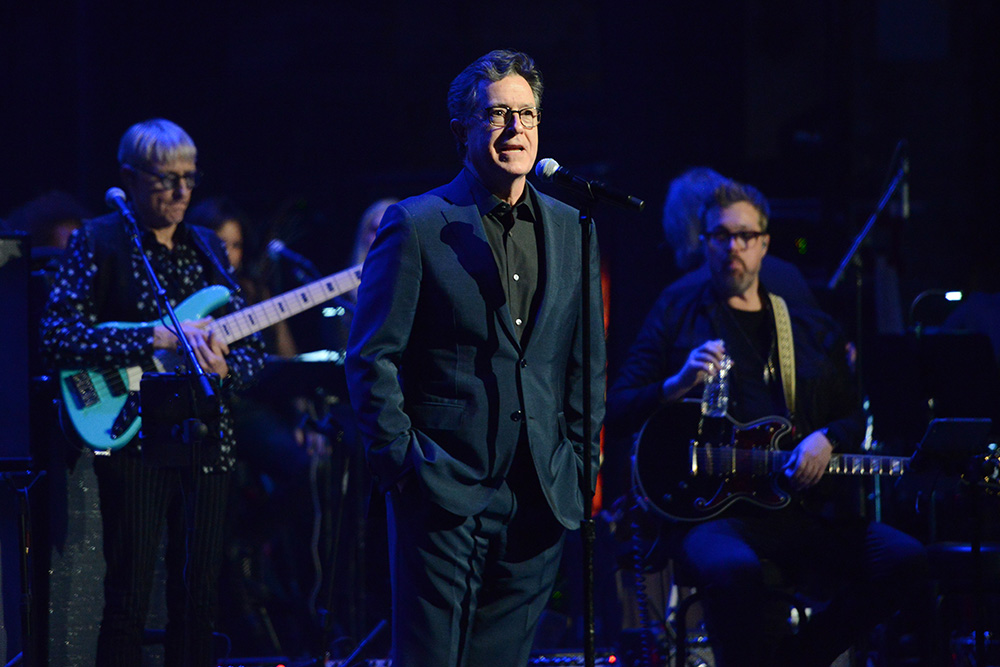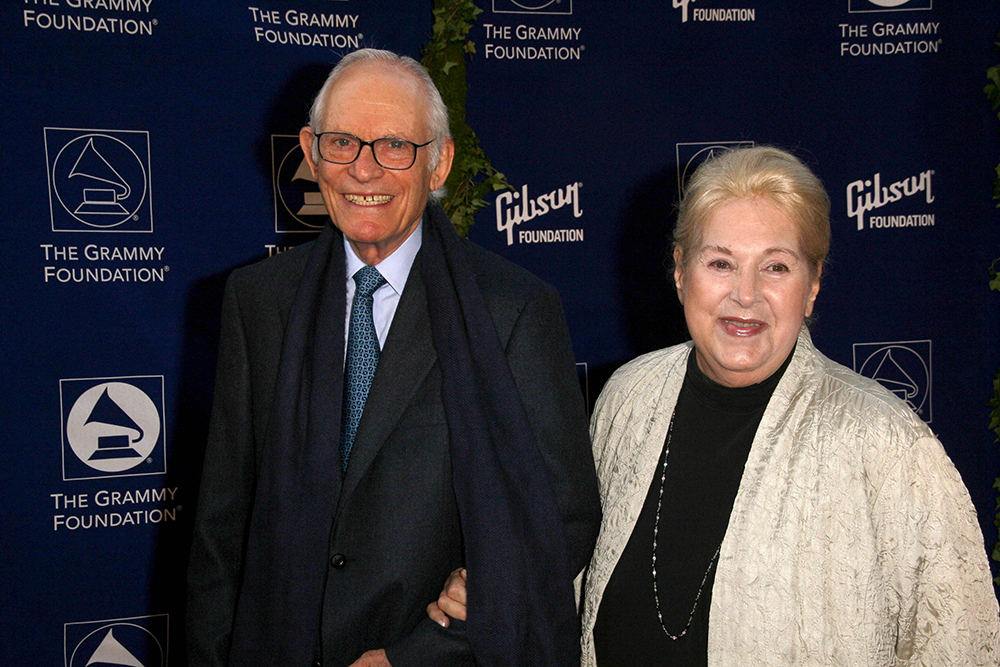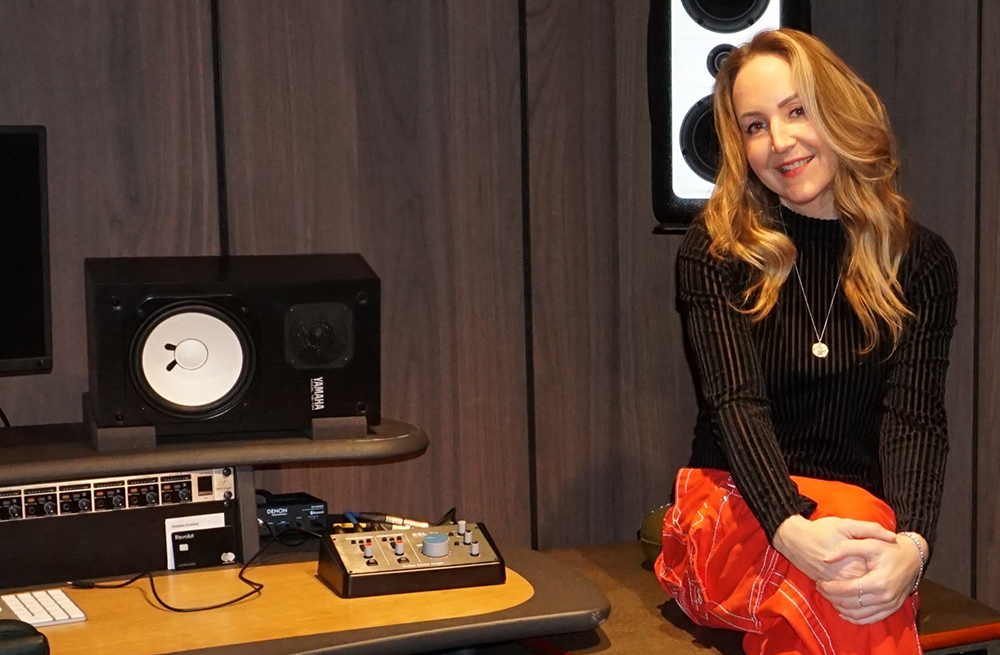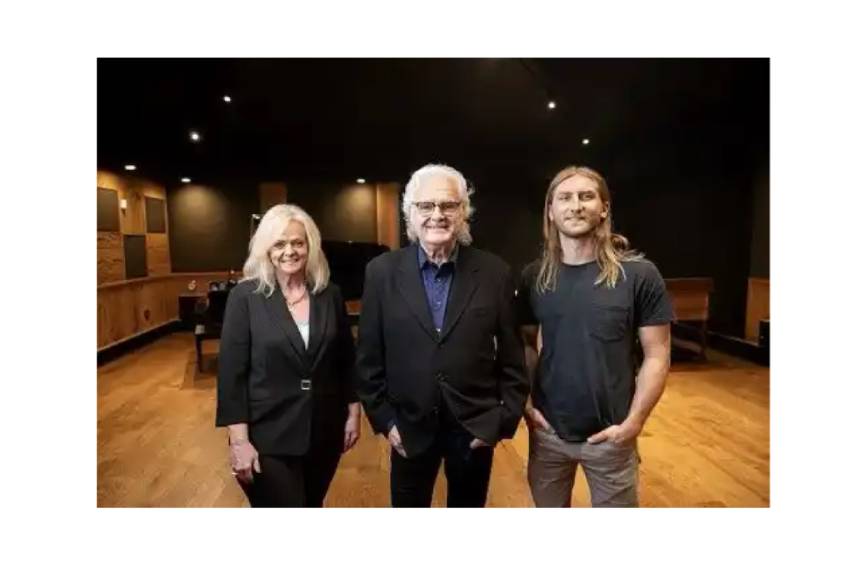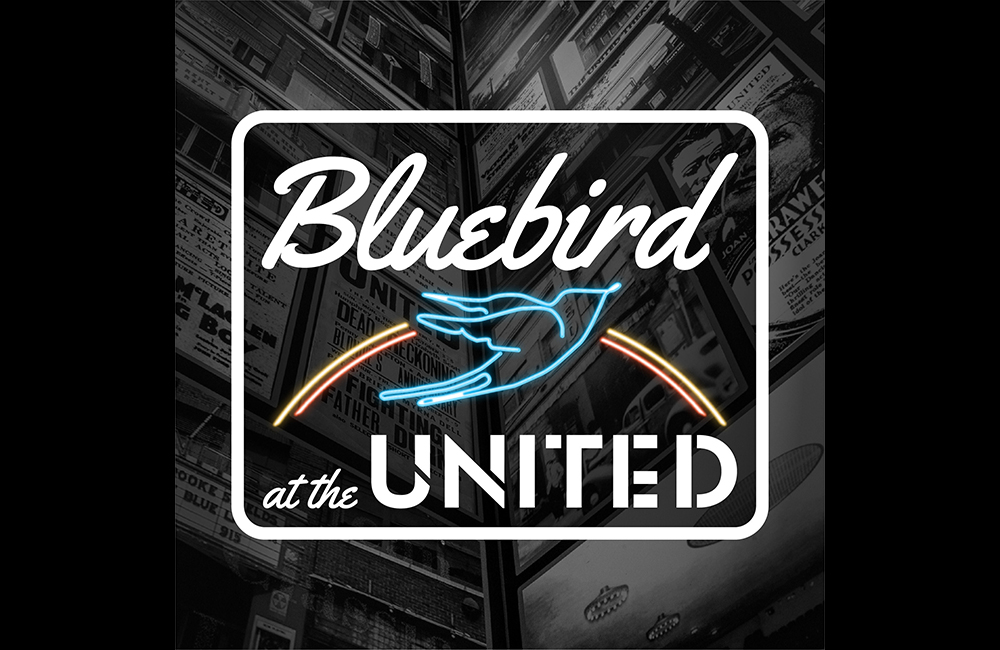
(CelebrityAccess MediaWire) — Less excitement about new releases and more competition for entertainment spending dollars causing teens to spend less on CDs, says The NPD Group. According to recent news reports, the music industry began to show some positive signs of fiscal recovery beginning in 2003. The NPD Group, Inc. reports, however, that teen consumers are not on the leading edge of this industry up-turn.
Overall dollar sales of music CDs fell eight percent last year compared to 2002. NPD estimates that three quarters of this decline can be directly attributed to unit sales declines last year, while the rest is attributed to recent retail price reductions. Among teens aged 13 to 17 years old, sales declines were even steeper reaching 15 percent in 2003.
"Certainly illegal peer-to-peer music file sharing continues to plague the music industry, but that's only part of a larger story" said Russ Crupnick, vice president of The NPD Group. "Another aspect of these sales declines is based on competition we're seeing from alternative entertainment-related spending options for teens, such as cell phones and video games. As music sales continued to fall, video games software unit sales rose 12 percent in 2003 among teens aged 13 to 17 years old."
NPD's information also suggests that the 2002 repertoire of new releases was more appealing to young consumers than were last year's releases. Thirty releases sold more than 500,000 units to teens in 2002, compared with only 15 releases that reached that level in 2003. Top-selling 2003 releases to teens included albums by such artists as 50Cent, Good Charlotte and Simple Plan; however, the overall music line up last year did not reach the levels seen in 2002, when Eminem, Nelly, Avril Lavigne and Linkin Park dominated the charts.
Sales to the 35- to- 44-year-old age group also declined sharply (down 13 percent), while gift purchasing of music among this demographic fell 20 percent. According to NPD's data, the younger age groups buy more music, but the 35- to 44-year-old group is the most important in terms of buying music for others. No artist approached the gift levels of Lavigne, Nelly and Pink among this age demographic.
"There are two negative effects here," according to Crupnick. "If kids aren't clamoring for music, not only do we lose sales to younger consumers, but also parents will be less likely to shop the music section on behalf of their children. On top of that, DVD's are to older demographics what video games are to teens. An October 2003 NPD survey showed that 26 percent of DVD purchases were made by 35 to 44 year olds. That's fierce competition for the consumer's entertainment dollar."
One bright spot in the CD sales landscape was found within an older demographic group. Dollar sales to the 55- to 64-year-old age group actually increased six percent, driven strongly by the continued sales of Norah Jones's 2002 release. In addition, new releases from Clay Aiken and Rod Stewart were also popular among this demographic, as were country music artists, like Alan Jackson and Toby Keith.
The NPD Group's MusicWatch tracking service, which reports consumer buying patterns for music based on NPD's online panel. The data represent annual 2002 and 2003 periods, from a sample of over 100,000 music purchases per year. The video games data is sourced from NPD Funworld Video Games service. –Bob Grossweiner and Jane Cohen



















